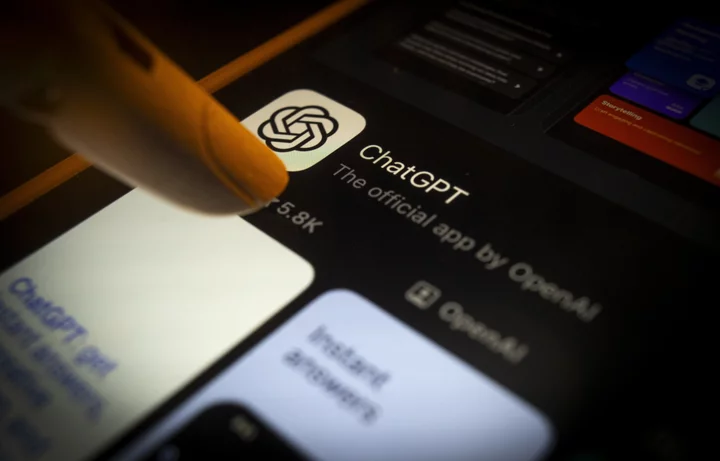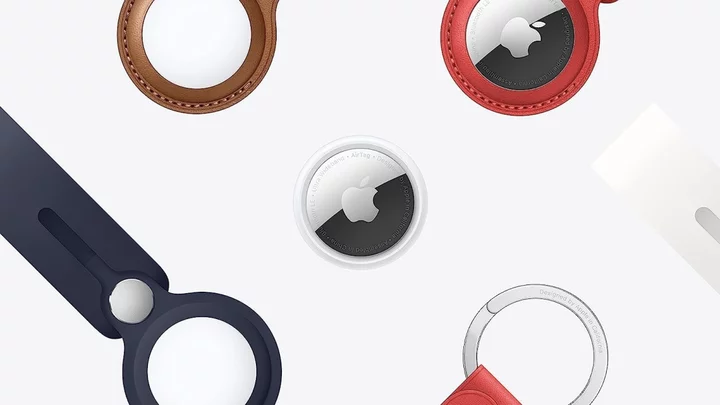OpenAI's ChatGPT is getting an important update that allows users to upload documents and have them analyzed.
The new version, currently in beta and rolling out to some ChatGPT Plus subscribers (@luokai via The Verge), give users the ability to upload many types of documents, including PDFs or data files.
SEE ALSO: Google Bard, ChatGPT: Are AI chatbots suppressing information about Israel and Palestine?I was able to test the chatbot's new feature myself, by turning on beta features in the settings, and then choosing "Advanced data analysis," which allows for file uploads and gives ChatGPT the ability to write and execute python code. I first tried uploading Shakespeare's Macbeth in PDF format, though ChatGPT couldn't analyse the file due to its formatting (it did, however, recognize the play, and it offered to give me a summary of it anyways). I also tried with a scholarly article on the economic impact of melting ice caps; ChatGPT analyzed the file, and provided bulleted key points, as well as a number of additional insights, rounding it up with a comprehensive summary of the document.
This functionality can be incredibly powerful in certain situations, as you can now feed ChatGPT specific documents and have it extract summaries, various data points, or even write graphs and charts based on that data.
It's worth noting that ChatGPT's creator OpenAI has already landed in hot water for training its models on copyrighted work. Anyone using ChatGPT to analyze documents should be mindful of which documents they use, and even more so, how they use ChatGPT's results.
SEE ALSO: How ChatGPT and AI are affecting the literary worldChatGPT's new beta also has a feature that makes it easier to use, as it automatically switches between various modes of operation, including Browsing, DALL-E, and Advanced Data Analysis. This was not enabled for me, but it definitely sounds better than having to choose the specific tool you want to use every time you fire up ChatGPT.
While some ChatGPT Plus subscribers can try these new features out right now, there's no word on when these features might become available to everyone.









